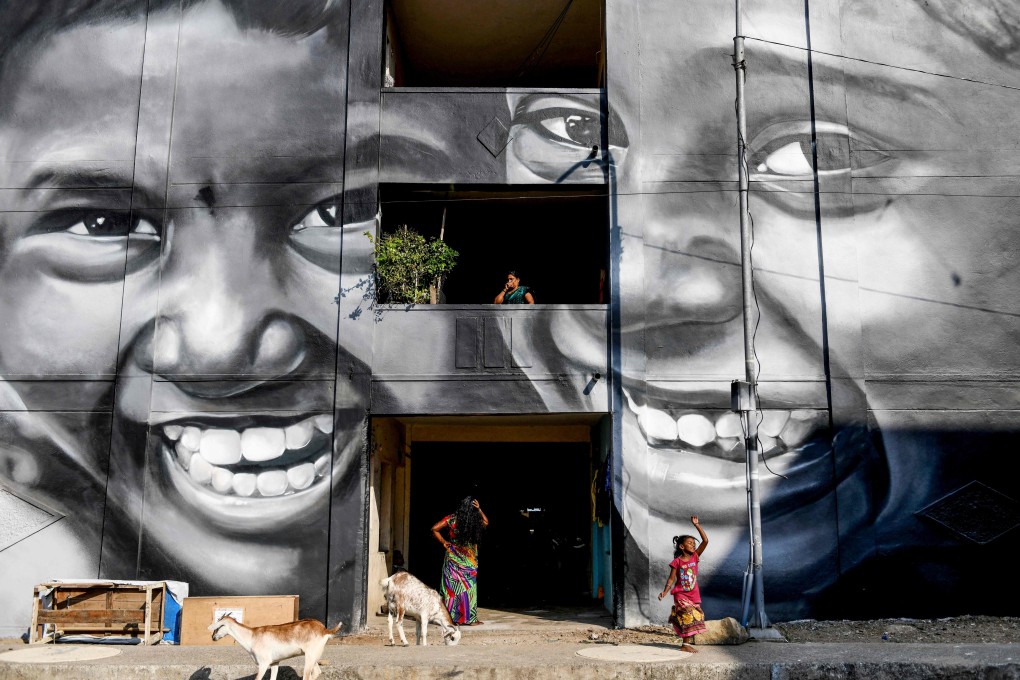Opinion | India’s lockdown digital divide: How online classes are excluding poor and unconnected schoolchildren
- It is a huge source of stress, not just for the parents who cannot afford to be online and connected, but also for their children, who struggle to keep up with their lessons
- Educators must show more sensitivity and compassion towards students who do not have access to the technology required, and go the extra mile to keep them in school

In India, the children of families who do not have smartphones are being left out of online classes as educational institutions across the country continue to remain shut.
In Goa, where I am based, many schools are foregoing Zoom sessions or “live” classes where the student has to be present in front of the screen for a fixed time each day. With erratic power supply and patchy network issues, we work instead with PDFs, videos, Google forms and WhatsApp.
As early as in April this year, government-run schools around the country were predicting difficulties with conducting online lessons for their students. Anna Fernandes, who works as a domestic worker in Goa, has spent the last two months trying to access school work. Without a smartphone, her two children, aged 14 and seven, are not included in the class WhatsApp group. They have no access to notes, assignments, online examinations or instructions from teachers.

02:12
Kashmir village offers open-air classes as pupils struggle to learn online amid pandemic
